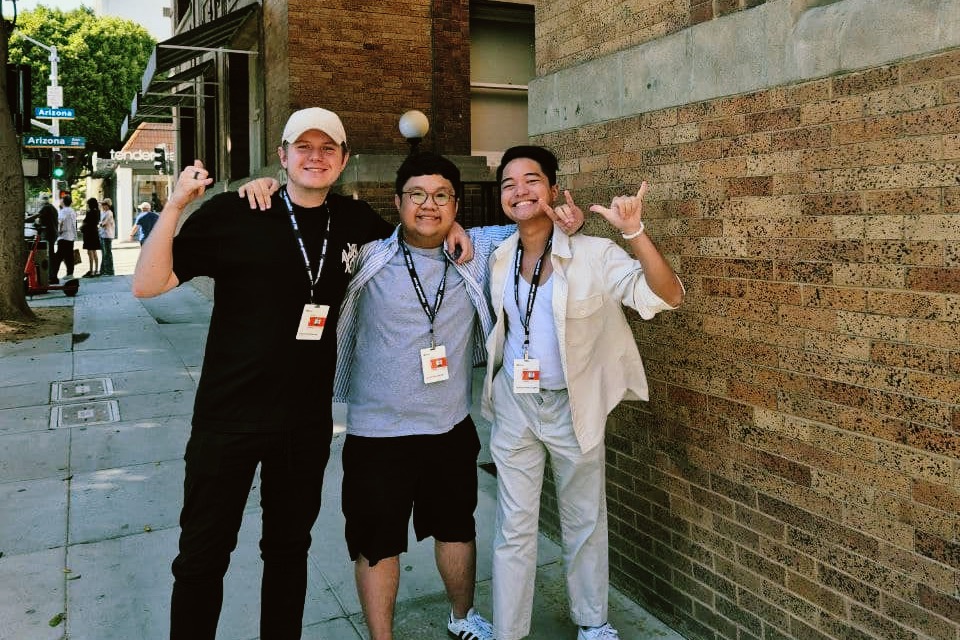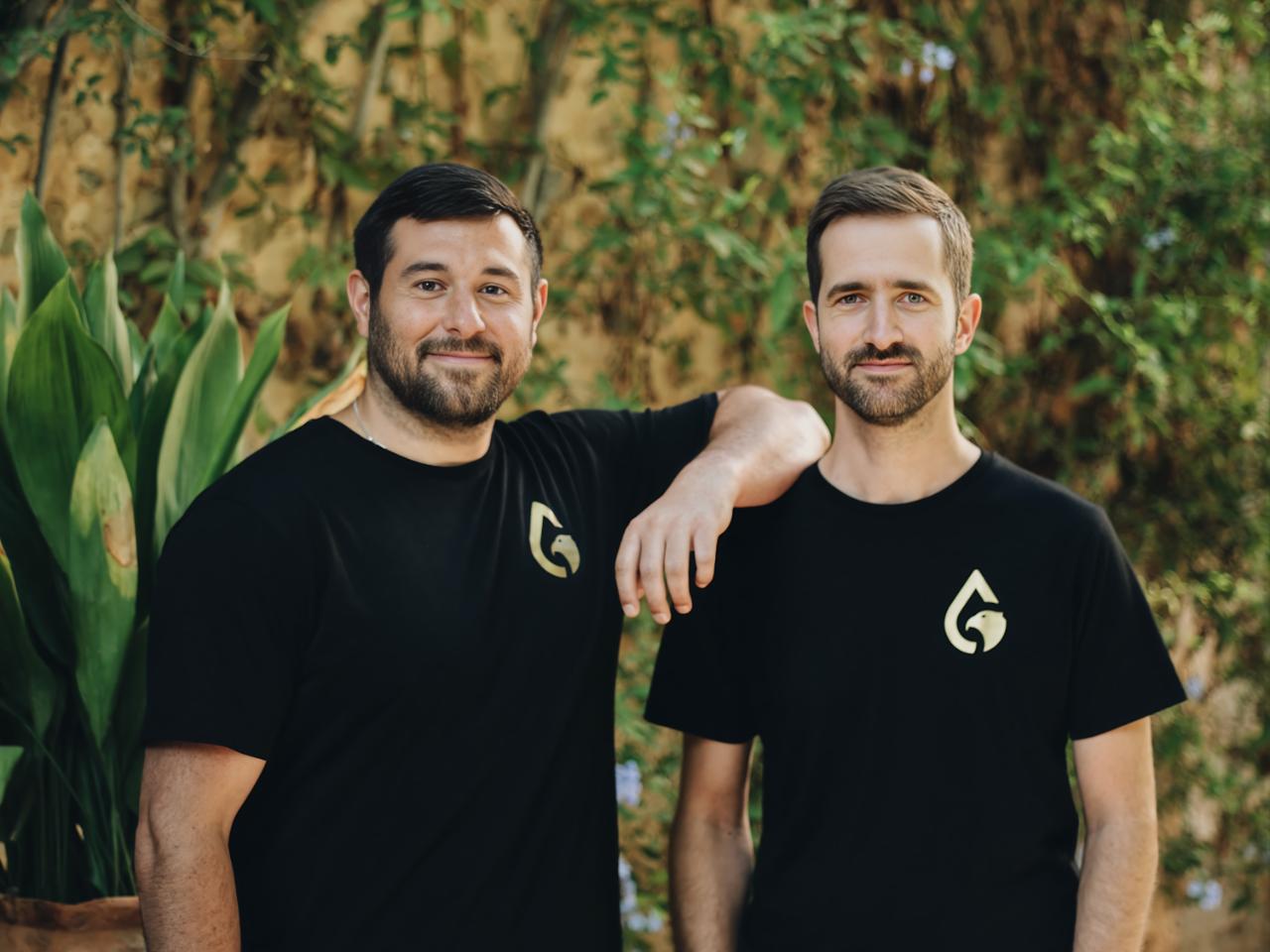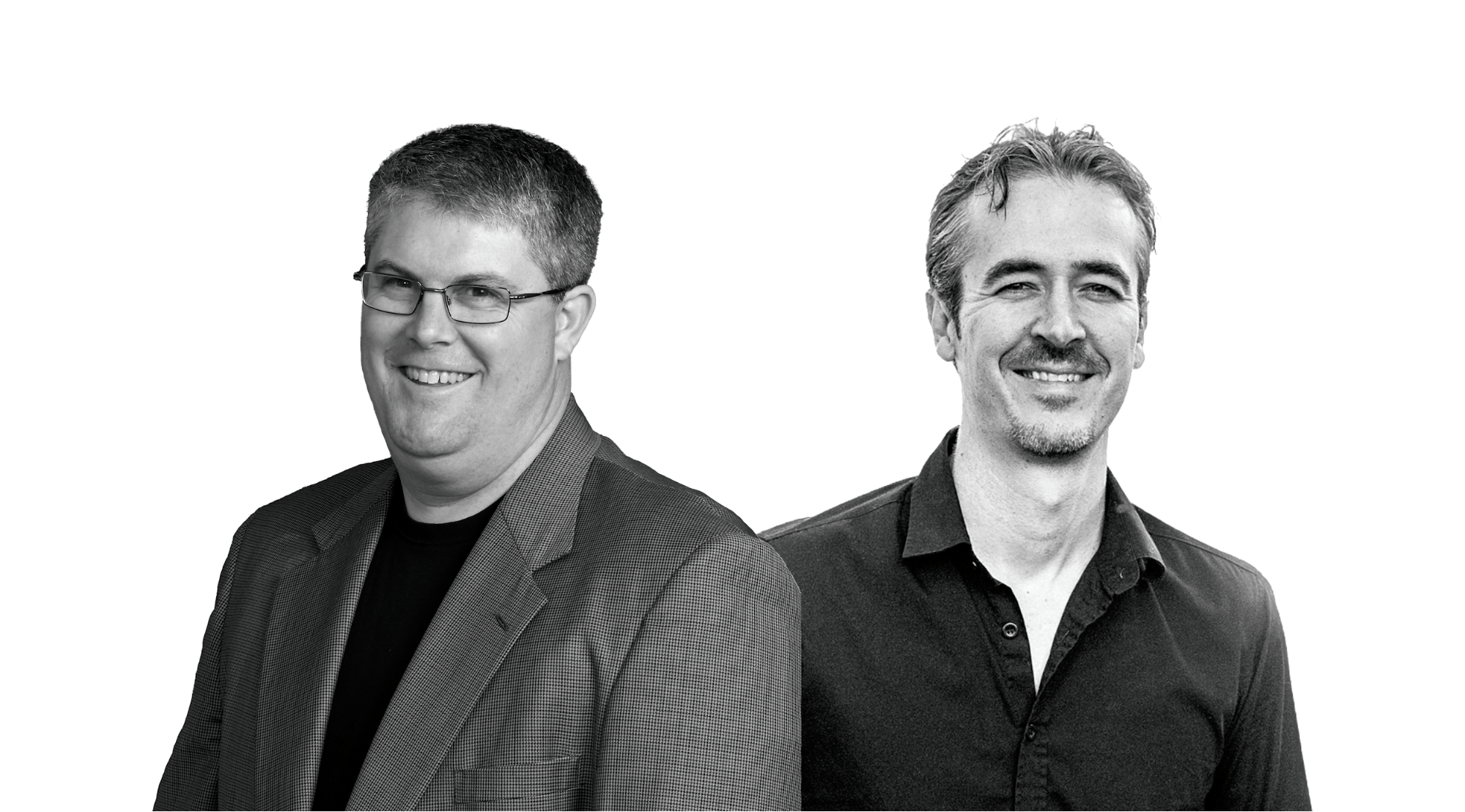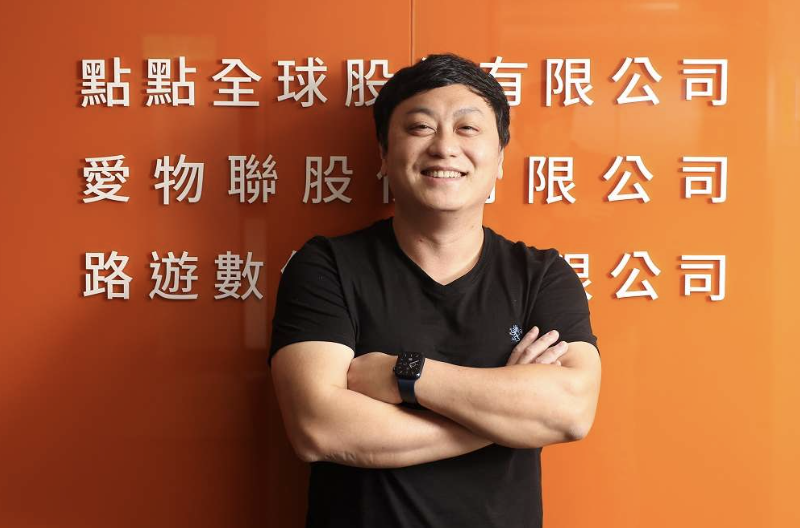By Sophie Chiu, AppWorks Principal

In 2021 there was Axie Infinity built on blockchain from Vietnam, in 2024 we are excited to see Clout Kitchen powered with AI from the Philippines. Gaming often stands at the forefront of new technologies, offering a strong opportunity for startups in Southeast Asia to leapfrog into a blue ocean. This is a piece we talk about why we invested in Clout Kitchen leading their Pre-Seed round back in December 2023 prior to their latest round with a16z SPEEDRUN and Peak XV Partners. In particular, why we decided to back the two co-founders: Justin Banusing, Marcel Feldkamp, and Gabriel Henry Lopez.
Justin, the 24 year-old CEO with 9 years entrepreneurial experience
A closed door usually leads to an open window. In the summer of 2011, Justin failed in the first episode of MasterChef Junior in the Philippines. Suddenly, this 12-year-old had an empty summer that he had originally blocked for the show. Partially to regain confidence, Justin began cold calling to intern at various gaming startups and outlets over the next year and a half – most notably Tier One Entertainment (then called PESO). This was the beginning of a 12-year journey in the gaming industry. During this period, Justin travelled across the region to cover gaming events for outlets like ESPN and Red Bull and started his boutique agency in 2014. He became a well-known esports journalist. Just before enrolling at the University of Washington in 2018, Justin and two other co-founders started AcadArena, a campus gaming community, which peaked when it raised its Series A in 2022 and were mentored by veteran startup founders like Twitch co-founder Kevin Lin and Crunchyroll co-founder Kun Gao.
The challenges of running a startup soon became a reality check. In 2023, Justin once again found himself in a downward spiral as the company he started pivoted, reminiscent of the dark side he had experienced before: a geeky boy who loved gaming and comics but was never the most popular kid in school; a young entrepreneur who was sometimes a rising star but could easily be seen as immature, sitting in a bigger chair than he was ready for. After splitting with his co-founders, he took a six-month break to figure out his next steps and even considered joining the VC side to help founders. While exploring this path with AppWorks, he noticed that VC investors often outnumbered founders at many startup events in Manila. Justin saw a bigger mission than simply proving his worth for his own sake. If everyone agrees that gaming is a huge market in this region, and if everyone sees the untapped potential here, then more founders are needed. With this realisation, Justin decided to resume his role and, in late 2023, started Clout Kitchen with his co-founders, Marcel.
Marcel, the former top eSport athlete that is actually a founder at heart
Marcel’s stage name is “Dexter,” and one of his legendary teams is “Dexter is Actually Evil.” He grew up in Germany and is among the very first esports athletes to immigrate to the US due to his exceptional gaming performance. He started his pro-gaming career early, at age 15. Approaching retirement, Marcel also explored gaming journalism and commentating until he started his own gaming talent agency, Press X, at age 24. After the Hollywood-based United Talent Agency acquired Press X in 2018, Marcel established another boutique agency, Proxy, in 2020, and began angel investing – where he wrote one of the first checks into Justin’s previous company
Marcel is always looking for new business models, products, and technologies to empower more creators including gamers. That’s why when Justin proposed the idea of building an AI gaming coach, Marcel undoubtedly joined the team. A pro gamer is never satisfied with the status quo and always seeks new innovations to win bigger games. Catching the right opportunity at the right time is another of their strong suits. These qualities are shared by many successful founders worldwide and they keep Marcel ahead.
Gabriel, the youngest founder funded by VC in Philippines
Since childhood, Gabriel has been deeply inspired by Mark Zuckerberg, aspiring to become the Philippines’ equivalent of the tech mogul. Rather than entering the highly competitive social media sector, he founded his first startup, MedHyve, at the age of 17 in 2017, focusing on digitalizing the procurement process for hospitals. This entrepreneurial journey led him to drop out of the University of the Philippines, as he found the school curriculum too slow compared to the learning opportunities from real-world startup experience. Gabriel is a passionate and dedicated learner who has self-taught himself to become a full-stack engineer, mastering AI engineering, app development, and other related fields.
MedHyve joined AppWorks Accelerator #22 in 2021 when they grew to half million of annual sales, a good timing to think about scaling. Eventually MedHyve chose to merge with Pulse63, a healthcare venture studio in Southeast Asia. Seeking broader horizons, Gabriel decided to move to the US to gain exposure to a larger and more competitive tech environment. Recognizing the need to learn from top talents, he joined G2, a software review unicorn, as a senior software engineer at the young age of 23, where he led AI software initiatives.
Later, his long-time friend Justin, another rising young founder from the Philippines, proposed the idea of Clout Kitchen. They saw the advantage of leveraging a Filipino tech team to agilely launch a strong MVP at a fraction of the cost compared to US startups, especially in the rapidly evolving AI sector. This new competitive team, a solid trio of gamer, engineer, and founder, was thus formed to take on the gaming industry.
The next evolution of gaming after Twitch
“Usually there’s something that pushes you into games. There’s some escapism in it,” Marcel commented on why he became a gamer. Gamers often play alone or in small groups. In the early 2000s, my high school friends from the top escalating program in Taiwan would gather every Wednesday in an internet café to play Lineage II and StarCraft, just like many teenagers worldwide at that time. Twitch brought the first wave of disruption to this behaviour. People, including myself, no longer needed to stand and watch friends play games in a café physically. Twitch created a real digital-native community of gamers and their fans. You can watch your favourite gamer play any game at almost any time. In a way, Twitch was born from the community’s calling.
The wave of innovation from live streaming is a decade old now. It has allowed many top gamers and streamers to create multi million dollar net worths, such as the notable PewDiePie and Tyler “Ninja.” We believe the AI evolution now presents another disruptive opportunity. While Scarlett Johansson was not happy with “Her” voice being resembled by OpenAI’s new product during its launch, AI companionship has huge potential for the coaching purpose. People used to rely on watching the best players on Twitch to learn and sharpen their skills. Now the best players can impart their time-honoured knowledge and expertise to an AI model. That’s why Clout Kitchen’s recent beta launch, Backseat AI, received great attention, earning 300,000 views across multiple platforms within a few hours. Backseat AI is a personal AI gaming coach companion. The first persona they onboarded is the notable Tyler1, a top League of Legends gamer with over 10 million followers.
AI companionship for everything
We believe there’s a huge opportunity for personalised AI in every vertical. Among the latest AppWorks Accelerator #28, Olli is integrating personalised AI into toys, powered by chips designed by MediaTek, a US$70B market cap IC design house from Taiwan. Olli was founded by Hai Ta, a serial entrepreneur from Vietnam. Meanwhile, our latest investment in Bythen, founded by Kevin Mintaraga, another serial entrepreneur from Indonesia, is building AI personas with NFTs.
Technological advancements allow builders from around the world to create the next great products. This is particularly meaningful for Asia, as it presents a global opportunity that surpasses domestic market limitations. Additionally, the region’s long-established hardware and semiconductor advantages provide founders with a slightly better chance of accessing the latest technology in computation and chip design.
At AppWorks, we have an extensive startup ecosystem of 1,700+ founders in this part of the world. Our corporate network in Taiwan, including top electronic manufacturers, can provide an experimental environment and direct resource support. Our goal is always to help founders stay ahead of their game. We’re very excited to be part of the journey with Justin, Marcel, and Gabriel.


